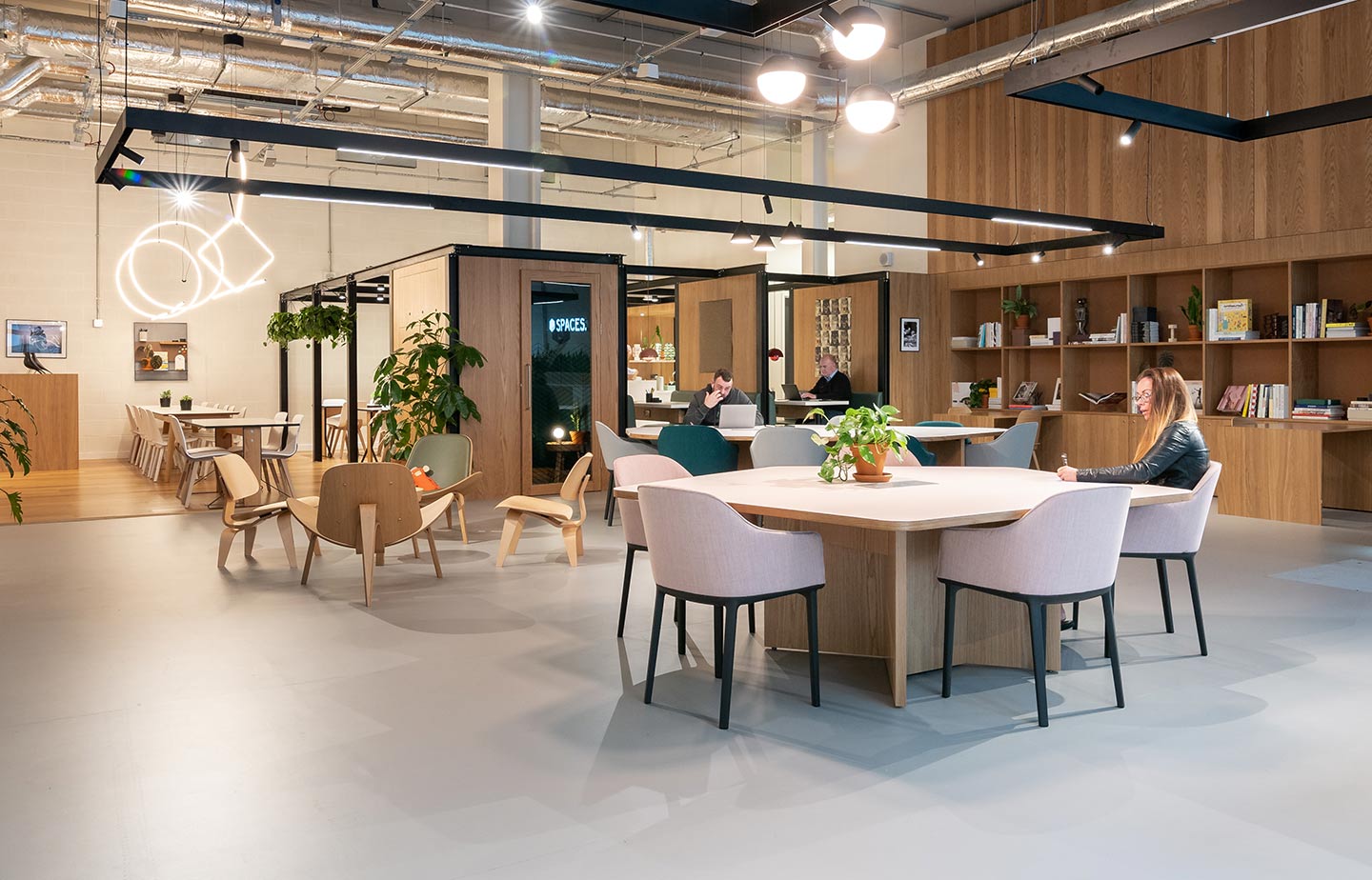Why Tech Companies Are Changing Their Workspace Approach

More and more tech companies are moving into coworking spaces, and it’s not just because of the free coffee
Tech companies are some of the most successful of our age. They have benefitted from business growth that resulted from the creation of products and services that has shaped our lives. The Malaysian government has recognised this potential and aptly allocated RM20 million for Cradle Fund this year to train and offer grants to high-impact technology entrepreneurs.
The economic growth and technological advancement that tech companies bring to the nation have not only fuelled the government’s encouragement, but also brought about admiration from other business fields and start-ups alike. From business models to company culture, they have inadvertently become icons for imitation.
It comes to no surprise then that even their workspaces are coveted. Tech companies have also created some of the most impressive headquarters in the world. Notorious for their exciting workspaces that keep their employees happy and productive, tech companies have found this eccentric but fool-proof workspace approach ideal for housing some of the smartest people in the world.
Yet, more and more of tech companies are partnering with workplace providers and exploring ways to embrace flexible working to allow employees the option to work in multiple locations.
Once primarily favoured by start-ups, freelancers and digital nomads, what makes the flexible workspace model appealing enough to tech companies – who employ 101 to more than 1,000 employees – to change their workspace approach?
Building a sense of community
With most tech companies embracing cloud computing and team collaboration software tools, it is only natural that their employees are given the option to work remotely and at flexible hours.
According to a recent survey carried out by the TalentCorp Malaysia, 75% of global businesses have reported that flexible working has increased productivity. And of those businesses, 78% are in the Information and Communications Technology (ICT) industry.
But at some point, all of this loses its allure. Coworking spaces can offer a sense of community that certain workers struggle to have. Remote team members risk feeling physically and mentally isolated from the main flock due to factors like different time zones or the lack of interpersonal communication.
This is where community members step in to provide them a home-away-from-home. By building a community based on shared interest, experiences, and a collaborative environment, both remote and in-office workers benefit from being part of a community and this in turn boosts their confidence.
A shared community is perhaps the largest driving force for coworking areas, and it is often the reason tech companies choose coworking spaces. Coworking spaces establish a culture that thrives on collaboration and creativity.
Creating chance encounters
As Jonathan Ive, Apple’s Chief Design Officer, has said: “The best ideas start as conversations.” But to have conversations, there needs to be contact. Coworking spaces are strategically designed to create chance encounters.
For example, in Spaces, the café-delis are located in a central area to ensure people have increased opportunities to meet others when they are getting their coffee fix. This space allows for ‘watercooler chats’ to happen, where the passing remark is sometimes about how the weather and the morning rush was, but seldom about work.
The tech industry benefits enormously from this because contact breeds collaboration, which leads to creativity. Often times tech employees can be quite introverted by nature and so find it a challenge to break away from their screens and create some real-life conversations. The Harvard Business Review found that more collisions create positive outcomes and improvements. Without these interactions, tech companies would not be able to continue innovating.
War for Talent
Some of the smartest minds in the world work for tech companies, and so is the final reason tech companies embrace flexible workspaces – the war for talent. These are companies that need specialists at different times and across different time zones. Flexible workspaces not only allow a business to put together an attractive package for a candidate but allow them to be agile and nimble in where they find that talent.
IWG’s Global Workplace Survey found that 77% of the businesses interviewed globally said flexible working helps them attract and retain top talent.
Alas, tech is an industry that often leads the way for other sectors. Their approach to workspaces is no different – and businesses both within and outside tech can take note of the benefits of the turn to flexible working. It is not the ping-pong tables and indoor slides they are after, but a community culture. For tech companies looking to disrupt, innovate, and inspire, coworking spaces will be, and remain, their biggest champion.
*This article is attributed to Vijayakumar Tangarasan, Country Head of IWG Malaysia, Indonesia and Brunei
News from LIVEATPC


